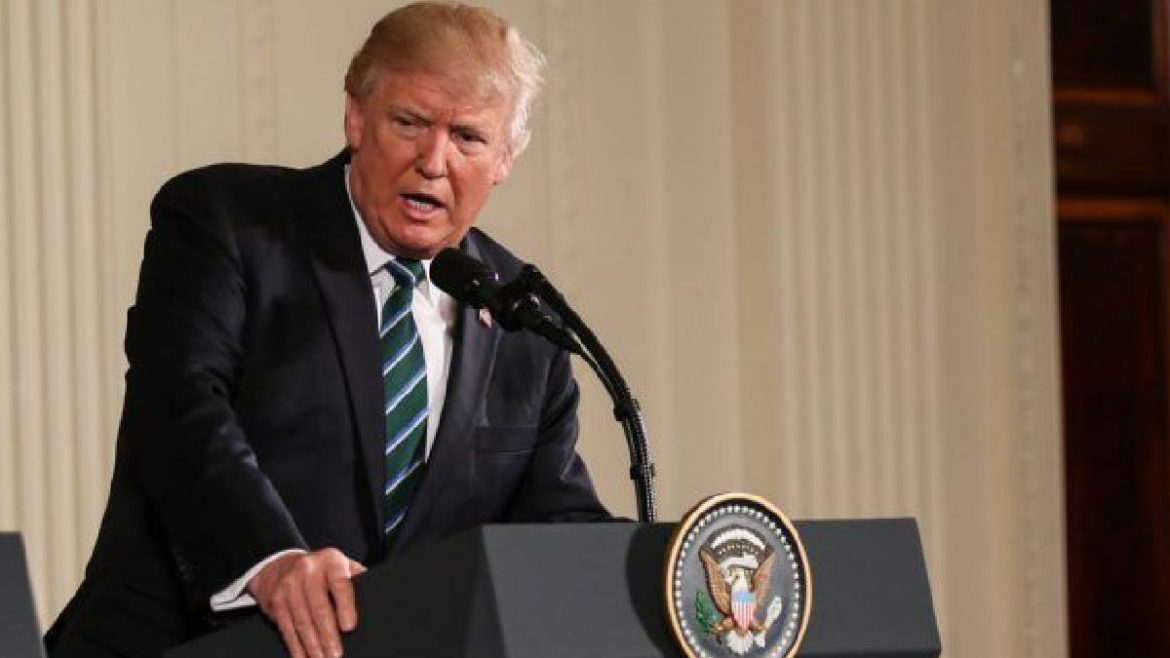President Donald Trump announced the ban of Petro, the Venezuelan cryptocurrency. The U.S. Senate Bill 1025, which will essentially enforce an executive order that was signed by Donald Trump in 2018, came into law. It bans U.S. citizens and permanent residents from trading, holding, purchasing, or spending the Venezuelan cryptocurrency, Petro, which is pegged by the oil reserves of the country. Of note, there were 20 pending bills on the Senate floor concerning cryptocurrency and Petro was passed on September 16, 2019, which could now be one of many more to come.
It is clear that President Trump believes Petro is meant to be used as a way to circumvent U.S. sanctions which are meant to defund a country’s government who wages crimes against humanity. He further noted that their economy is suffering from hyperinflation for the longest period of time. The new law has garnered bipartisan support between Republicans and Democrats. The the Commodity Futures Trading Commission (CFTC) describes how Petro fails to follow U.S. sanctions which has led to a snowball effect of factors that are leading world governments, including the Treasury Secretary and State Secretary to investigate and potentially halt cryptocurrencies. Based on the guidelines of the bill, Petro is a borderless digital currency and after getting the necessary support from the Venezuelan government it will be outside the control of legal boundaries and limitations of the state. This is the lead cause for the ban on Petro, and unfortunately may pave the way to suspending other cryptocurrencies like Bitcoin in the United States.
Though cryptocurrencies have evolved as a part of the payment system in financial markets worldwide, it has been under a lot of scrutiny from regulatory authorities around the world, in part because these digital currencies are not limited by nationalism and borders. One of the original intentions behind bitcoin was to have a decentralized economy operating in a society with minimum governance and centralization. World leaders are afraid of economic collapse and are compelled to put regulations in place to keep economic power in their grasp. Once this bill is passed, it is sure to shake up the cryptocurrency ecosystem, and many markets are taking a hard hit.
Unlike traditional state-issued currencies, Venezuela’s Petro could be obtained and spent on buying goods and paying for services around the world as easily as Bitcoin or any other cryptocurrency. From buying a loaf of bread in Lincoln, Nebraska to paying for wine in Zurich, Switzerland, Venezuela’s Petro can easily be used for making payments. According to a Booz Allen Hamilton, a U.S. management and information technology consulting firm, Senate Bill 1025, officially called the Venezuela Emergency Relief, Democracy Assistance, and Development Act of 2019, or the VERDAD Act for short, could set a dangerous precedent for all cryptocurrencies in the United States.
Disclaimer
Content provided by CryptoTraderNews is for informational purposes only, and should not be construed as legal, tax, investment, financial, or other advice. All information is of a general nature. As always, there is risk with any investment. In exchange for using our products and services, you agree not to hold CryptoTraderNews Pro, its affiliates, or any third party service provider liable for any possible claim for damages arising from decisions you make based on information made available to you through our services.
U.S. Bans Venezuela’s Petro Cryptocurrency
previous post
